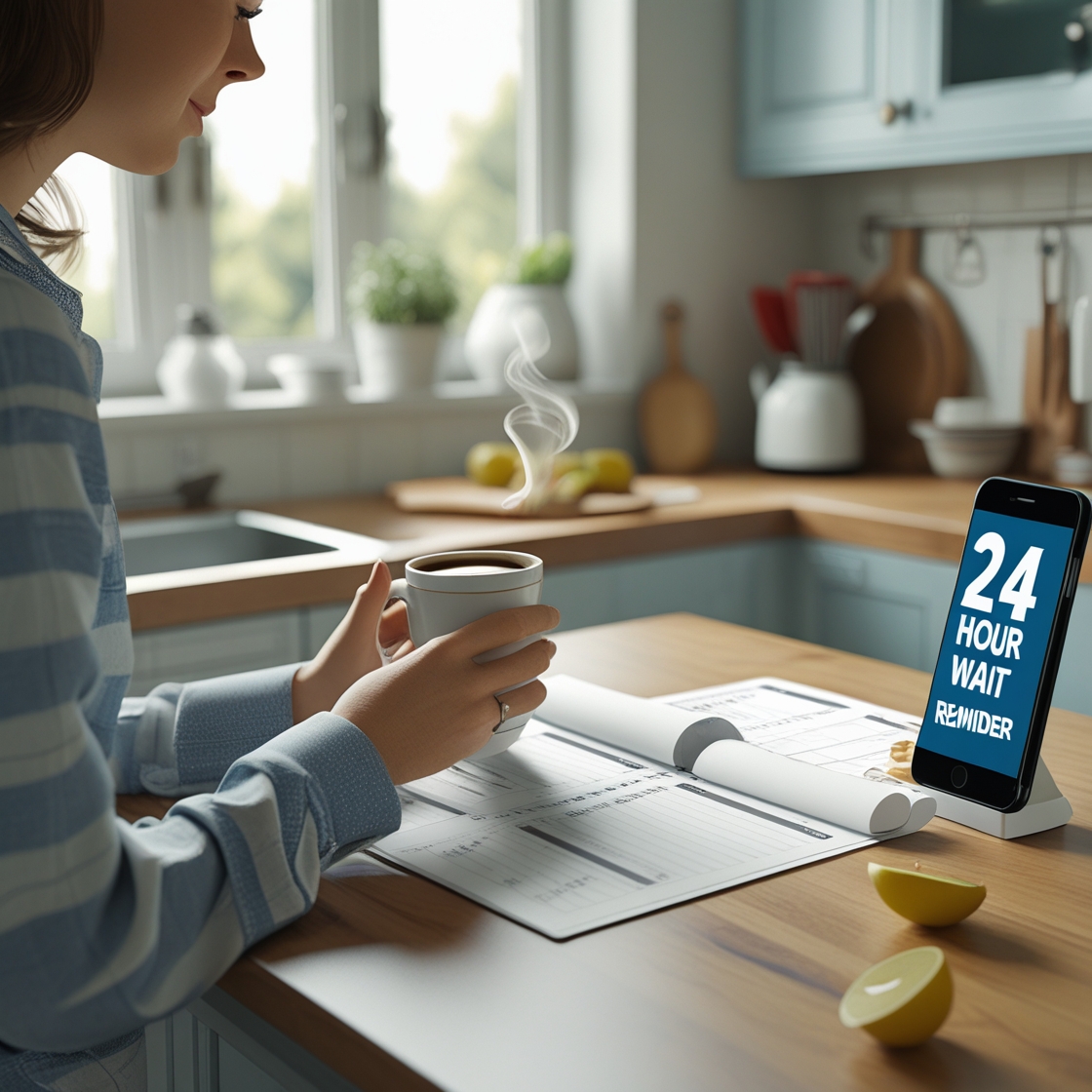Introduction:
Impulse buying can wreak havoc on your budget and prevent you from achieving your financial goals. Whether it’s a pair of shoes you didn’t need or a gadget that caught your eye, impulse purchases often lead to unnecessary spending. In this article, we’ll explore effective strategies to avoid impulse purchases and stick to your budget, helping you save money and make more mindful financial decisions.
Step 1: Recognize Triggers for Impulse Purchases
The first step in curbing impulse buying is recognizing what triggers it. For some, it may be stress or boredom, while for others it might be shopping as a form of entertainment. Keep track of situations or emotions that lead you to make unplanned purchases. Once you identify your triggers, you can take steps to avoid them.
Step 2: Make a Shopping List and Stick to It
Before you go shopping, always create a list of the items you need. Stick to your list and avoid wandering into aisles that aren’t relevant to your needs. If you’re shopping online, leave items in your cart for a few hours or even a day before purchasing. This cooling-off period can help you decide if you truly need the item.
Step 3: Set a Budget for Discretionary Spending
Allocate a specific amount for discretionary spending each month, such as entertainment or non-essential items. When you reach your limit, stop spending in these areas, even if you see something you want. Having a set budget for fun purchases will help you control your spending.
Step 4: Use the 24-Hour Rule
The 24-hour rule is a simple but effective method to avoid impulse buying. If you see something you want but it’s not an essential purchase, wait for 24 hours before buying it. This delay gives you time to assess whether the item is worth purchasing and if it fits within your budget.
Step 5: Unsubscribe from Marketing Emails
Retailers use email promotions and special offers to encourage impulse buying. Unsubscribe from marketing emails or notifications that tempt you to buy things you don’t need. You’ll avoid being exposed to sales and discounts that you don’t need to act on.
Step 6: Avoid Carrying Extra Cash or Cards
If you have a tendency to make unplanned purchases, avoid carrying extra cash or credit cards with you. This makes it harder to make impulsive buys when you’re out and about. Only bring the amount of money or cards you need for planned purchases.
Conclusion:
Impulse buying is a habit that can easily derail your budget, but by setting clear limits, planning your purchases, and being mindful of your triggers, you can avoid unnecessary spending. Stay disciplined, and you’ll be able to stick to your budget and achieve your financial goals.
